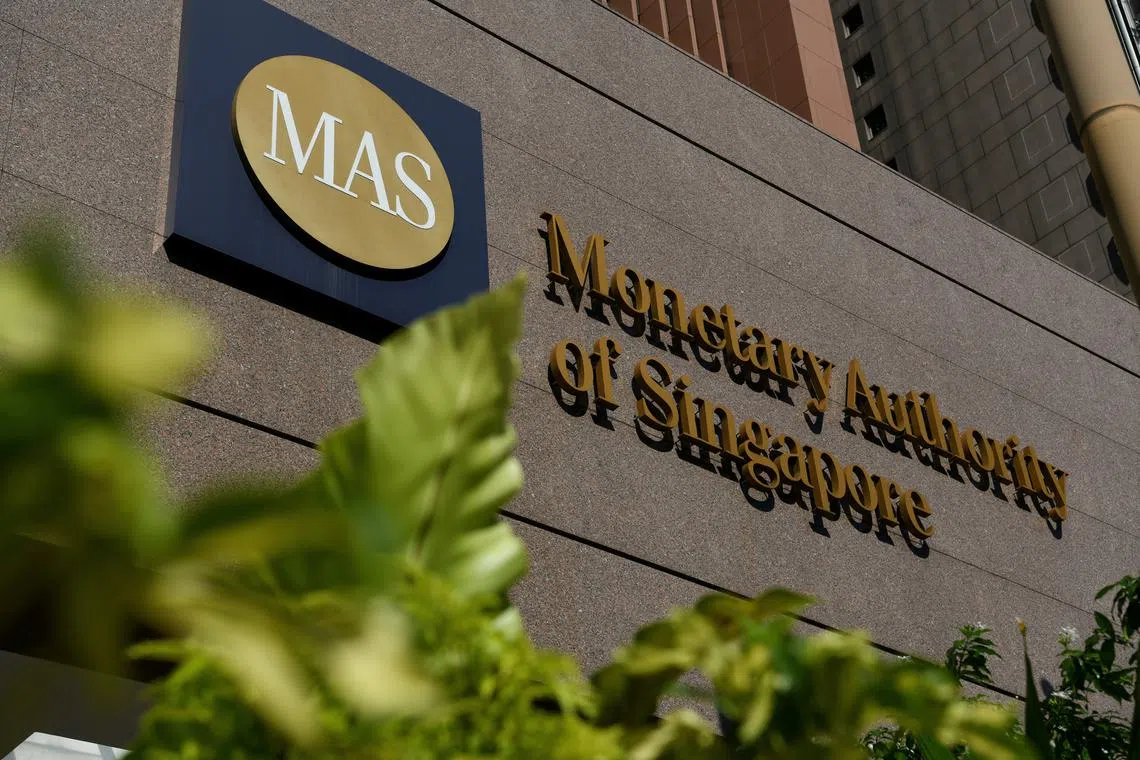MAS, BIS outline plan for new climate risk platform that monitors banks
Sign up now: Get ST's newsletters delivered to your inbox

The new platform is aimed at helping the financial authorities identify, monitor and manage climate risks in the financial system.
PHOTO: ST FILE
SINGAPORE - A new platform in the works that is based on a plan created in Singapore will address a common need of global financial authorities to monitor and analyse climate-related financial risks that banks are exposed to.
The Bank for International Settlements (BIS) and the Monetary Authority of Singapore (MAS) on June 12 said they have developed the plan for the platform, that integrates regulatory and climate data.
The new platform is aimed at helping financial authorities identify, monitor and manage climate risks in the financial system.
The need for one is increasing as the physical effects of climate change and the transition to a low-carbon economy are sources of financial risks to banks and the financial system, in Singapore and globally.
BIS, the world’s central bank umbrella body, and MAS said the complex nature of climate change, coupled with obvious data gaps and a limited understanding of how to measure related risks, have made it tough to mesh climate risk analysis with financial stability monitoring.
To address the challenge, they developed a blueprint for the new platform under Project Viridis at the BIS Innovation Hub Centre in Singapore.
The blueprint maps out the key features and metrics necessary for the platform, including financed emissions data, physical risk exposure and strategies under different climate scenarios.
Ms Maha El Dimachki, who heads the BIS Innovation Hub Singapore Centre, said the need for adaptive and forward-looking strategies has become more important as the impact of climate change on the global financial landscape intensifies.
She said Project Viridis will help promote global financial stability.
The platform’s climate data will be extracted from corporate disclosure documents using natural language processing techniques.
This helps the authorities form an initial view of financial institutions’ risk exposures and identify areas that may require a closer look.
Further advancements and international alignment on climate data and metrics could then be integrated into the platform, which is modular.
Ms Celine Sia, assistant managing director for economics and knowledge management at MAS, said the project leverages technology solutions to systematically track climate-related data and metrics.
This then enhances regulators’ efforts to measure physical and transition climate risk exposures of individual banks and the financial system.
Project Viridis was first announced during BIS Innovation Hub’s work plan in January 2022.



